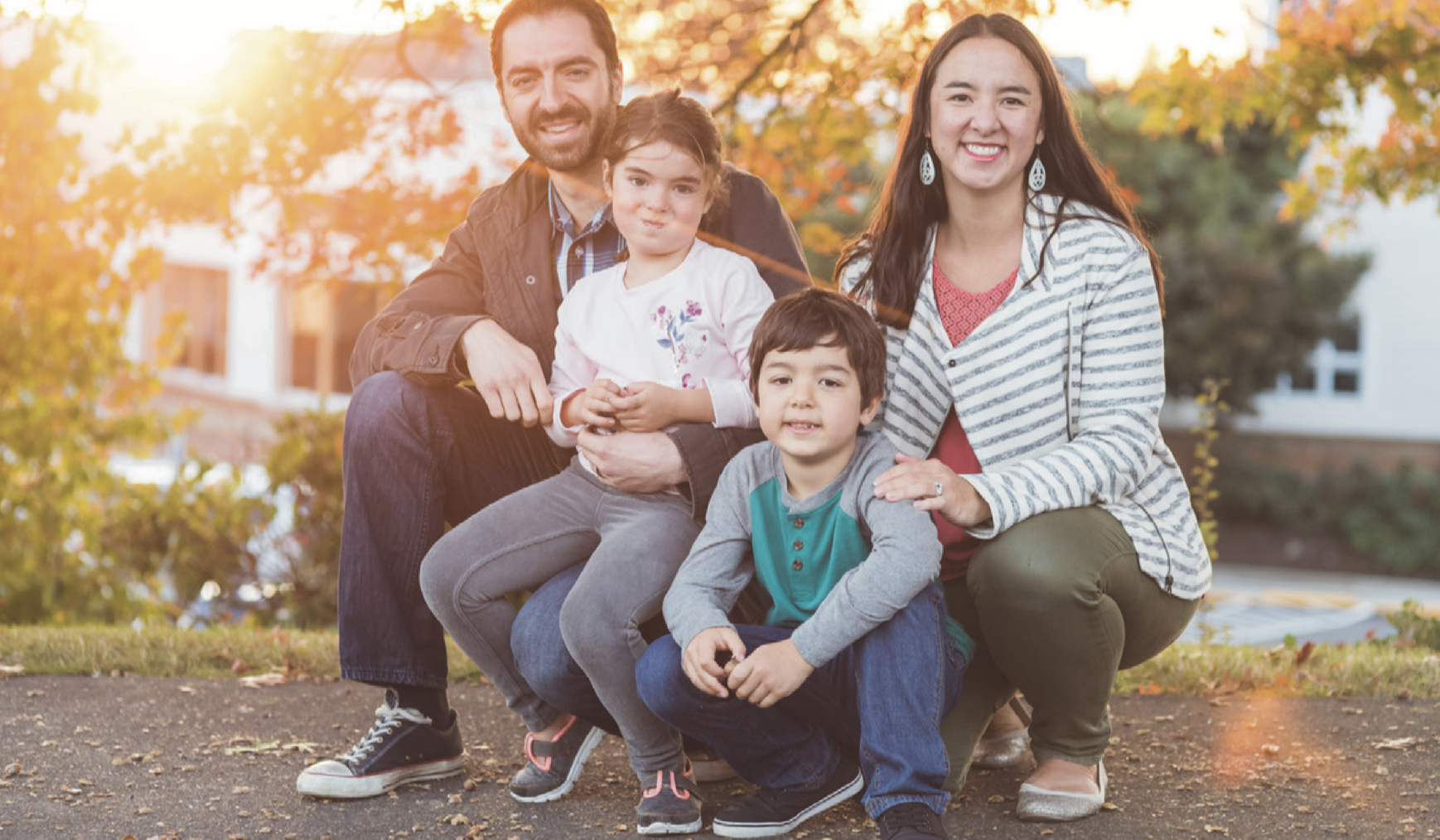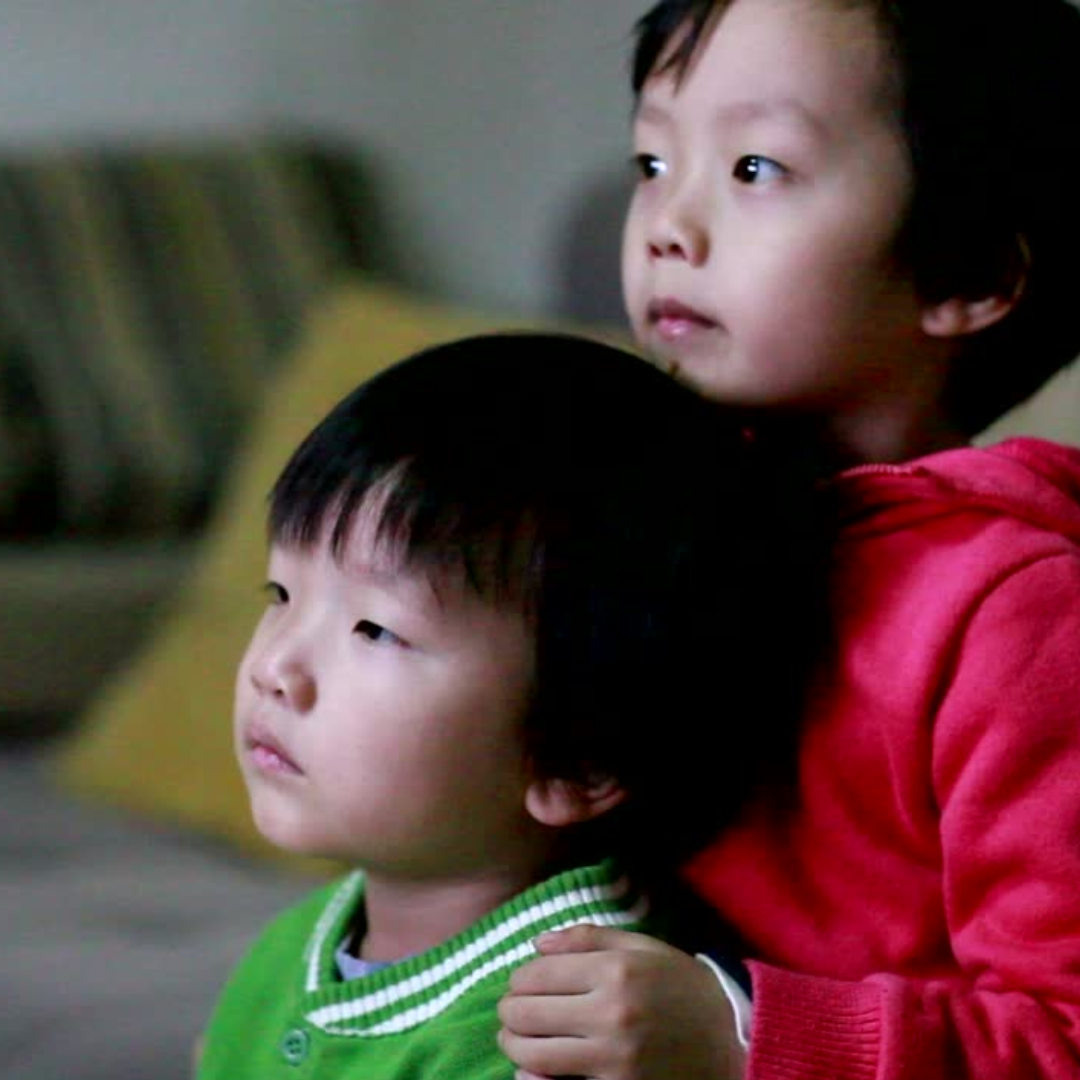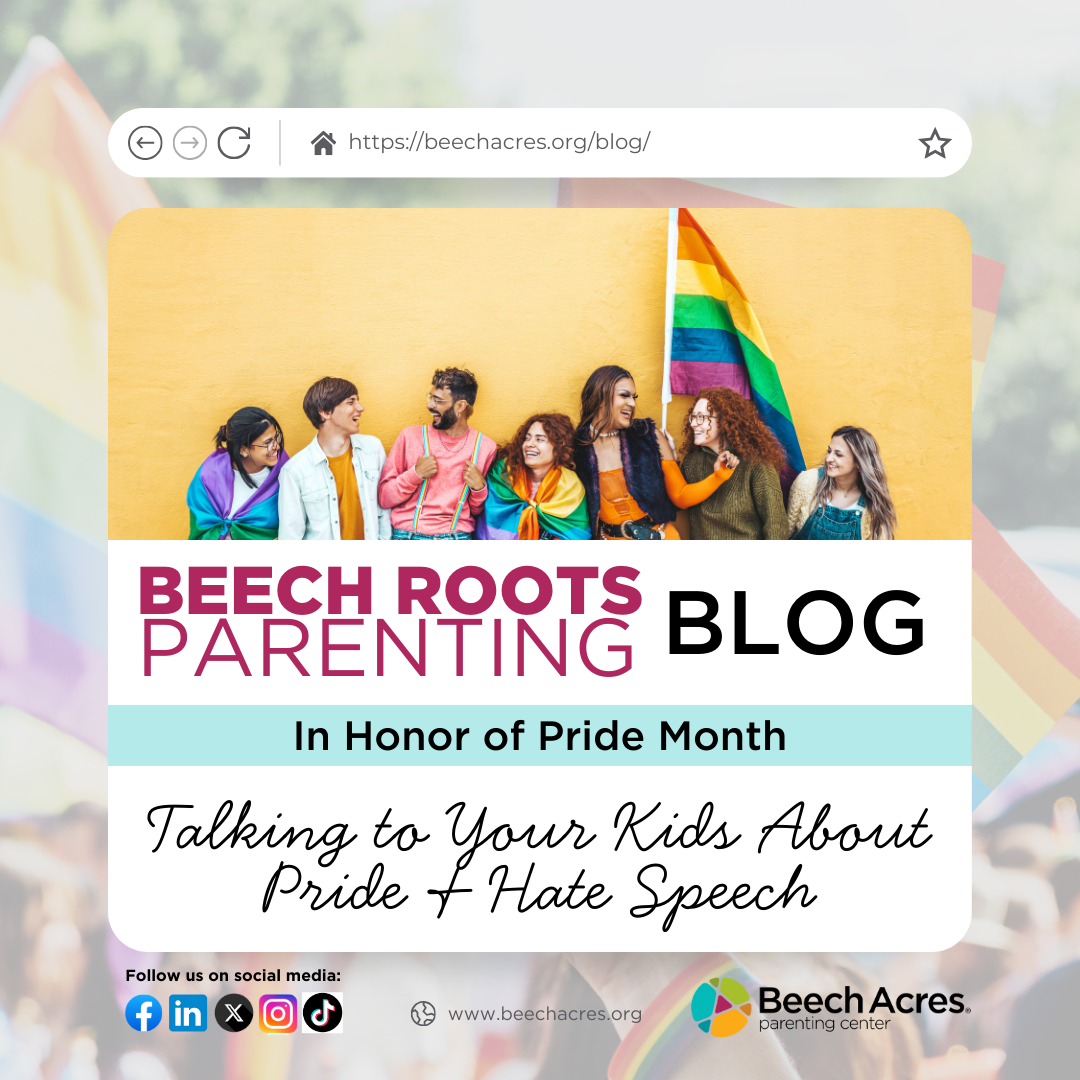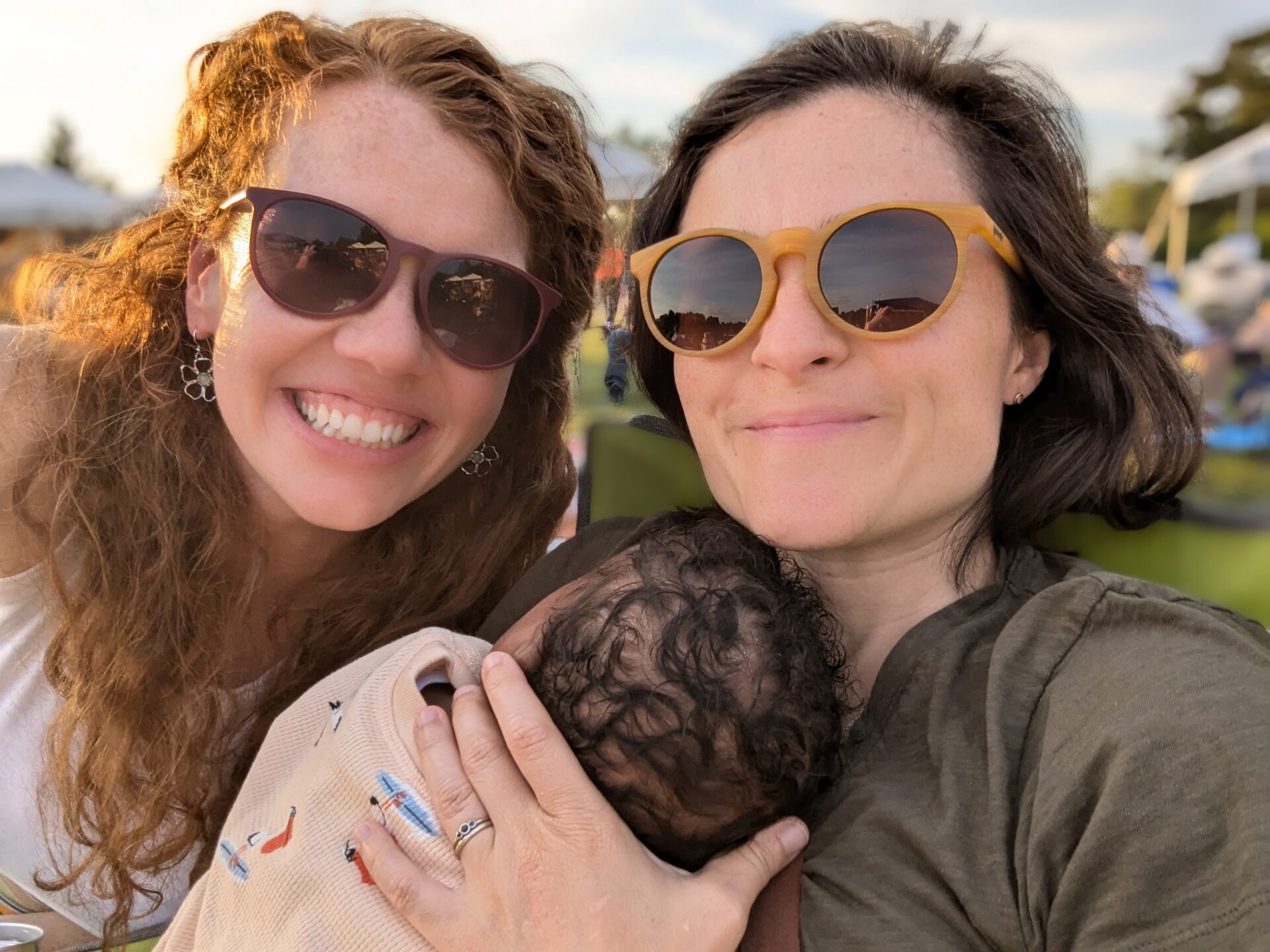How Was I Supposed to Know?
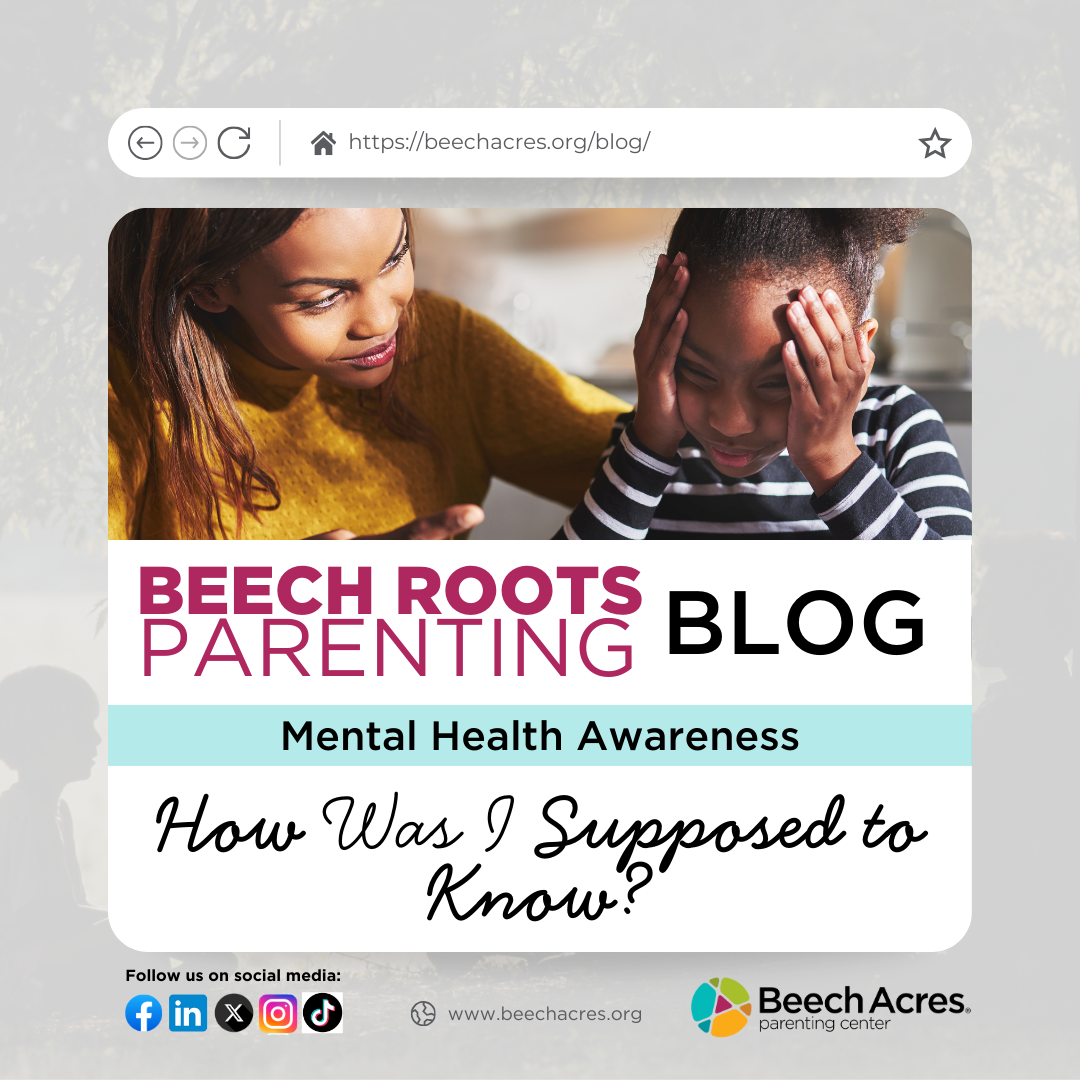
How Was I Supposed to Know?
By: Sarah Fields, Marketing and Design Coordinator at Beech Acres Parenting Center
“That’s not how you do that! Are you stupid?”
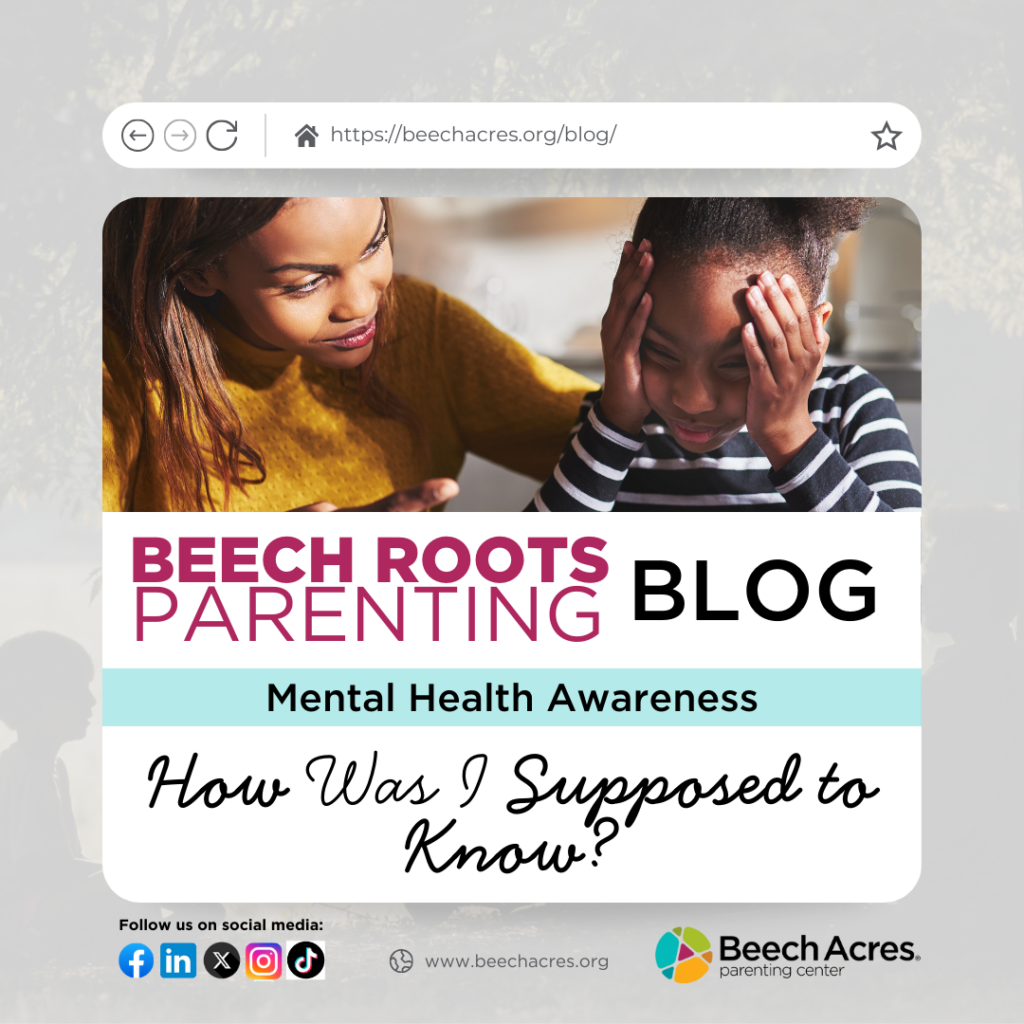
I stood frozen by the bookshelf my father had just built, and I was told to paint. Grabbing my hand, still holding the paintbrush, he barked, “You go with the grain.” He huffed and walked away. I felt like a failure like I was stupid.
I was eight years old. How was I supposed to know how to paint? I was never taught.
How was I supposed to know how to boil water for macaroni? I didn’t understand that the smoke coming from the pot was steam and that steam is hot. The oven was gas, meaning an open flame sat right at child height. But Mom was busy watching a movie. It was late in the evening, and she had worked all day. I was hungry, and she told me to do it myself.
My hand grew painfully hot as I tried to stir the bubbling water. In a moment of childlike problem-solving, I grabbed a dish towel to wrap around my hand. It worked for a moment—until the towel fell into the flame and caught fire.
I panicked and tried to throw the towel into the sink, but it missed, landing on the counter under the kitchen curtains. I screamed. My father rushed in and put the fire out. Instead of asking if I was okay or what had happened, he yelled at me. How stupid could I be to drop a flaming towel under the curtains?
I was sent to my room again believing something was wrong with me.
I grew up believing I was stupid. Always wrong. Never enough.
As we recognize Mental Health Awareness Month, it’s important to remember that childhood experiences like these don’t just pass. They shape our internal worlds, self-esteem, coping mechanisms, and mental health.
Kerry Brown, Senior Parenting Specialist for Parent Connext®, reminds us that “all of life provides teachable moments all the time, so ask yourself as a parent, what are you teaching your child? Is it strength-based or critical? By focusing on what our child does well, we build confidence and competence throughout their lifetime.”
It wasn’t until I became an aunt that something shifted. I found myself correcting my nieces and nephew with the same sharp tone my father used with me. But then I paused. I remember: They don’t know. No one is born knowing how to behave, clean, bathe, cook, or obey. Children are not tiny adults. They are blank pages, ready to learn.
It is our responsibility as adults to teach patiently, clearly, and kindly.
Instead of assuming a child should “know better,” we must recognize when they haven’t been taught yet. Instead of shaming them for mistakes, we must guide them through the lessons they are learning. Instead of yelling when they falter, we must remember mistakes are part of growth.
When a child spills milk, forgets their chores, or gets frustrated trying something new, ask yourself:
Did I show them how to do it?
Did I model the behavior?
Did I give them the tools they need to succeed?
Children learn through watching, practicing, failing, and trying again. They thrive when their caregivers see mistakes not as evidence of stupidity but as opportunities for teaching, connection, and emotional safety.
I think about that scared eight-year-old often.
She didn’t need yelling.
She didn’t need shame.
She needed a teacher.
She needed grace.
She needed someone to say, “Let me show you.”
Now, as an adult, I aim to be the voice that says, “You didn’t know. Let’s learn together.” Healing from childhood wounds and breaking generational cycles isn’t easy, but it is crucial for our own mental health and for the future mental health of the next generation. Because no child should ever be left asking, “How was I supposed to know?”

